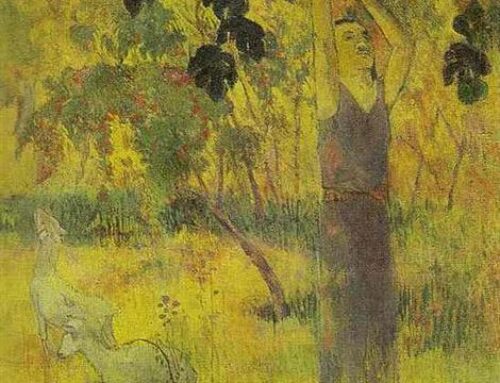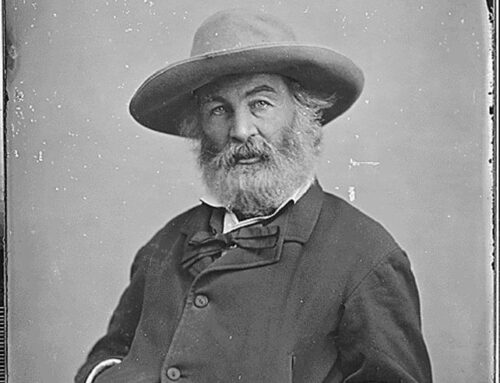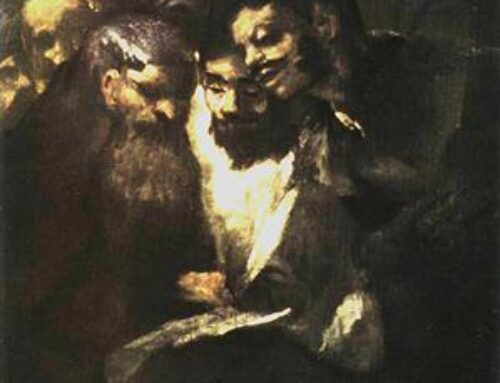Umberto Eco explains how books, as our familial elders, deepen our emotional lives across generations.
Valentino Bompiani once circulated a saying: “one person who reads is worth two.” It was said by a publisher probably as a clever slogan, but I think it means that writing (and in general language) lengthen one’s life.
From the time when humankind began to utter its first meaningful sounds, family and tribe have needed their elders. Perhaps at first they had no use and were cast aside when they no longer helped with hunting. But through language, the elders became the memory of humankind: they sat in the cave, before the fire, and told tales about had happened (or about what one said had happened: thus the function of myths) at the time before the youth had been born. Until one began to cultivate this social memory, humanity was born without experience, did not acquire it in time, and died. Afterwards, youths at twenty were as those who had lived 5000 years. The events that occurred before their time, and that which the elders had taught, entered into their storehouse of memory.
Today, books are our elders. We may not reckon with this fact, but our wealth compared to illiterates (or to those that, though literate, do not read) is that they live and will live only their lives, while we have lived many lives. We recall, together with our childhood games, those of Proust, we agonized over our love, but also over that of Pyramus and Thisbe, we have assimilated a bit of the wisdom of Solon, we have trembled for a number of nights in the wind on Saint Helena, and we repeat to one another, at the close of the stories our grandmother has told us, the ones that Scheherazade once told.
All this will give someone the impression that we are already, from the moment of our birth, unbearably aged. But the illiterate (either originally or by habit) are more decrepit, who suffer from sclerosis of the heart from childhood, and do not recall (because they do not know) what happened on the Ides of March. Of course we could also remember falsehoods, but reading also helps us discriminate the true from the false. By not knowing the injustices of others, the illiterate do not know even their own rights.
A book is an insurance policy for life, a little foretaste of immortality. In a backwards sense (alas) rather than in a forward way. But one cannot have everything right away.
Umberto Eco, L’Espresso, 1991









Leave A Comment